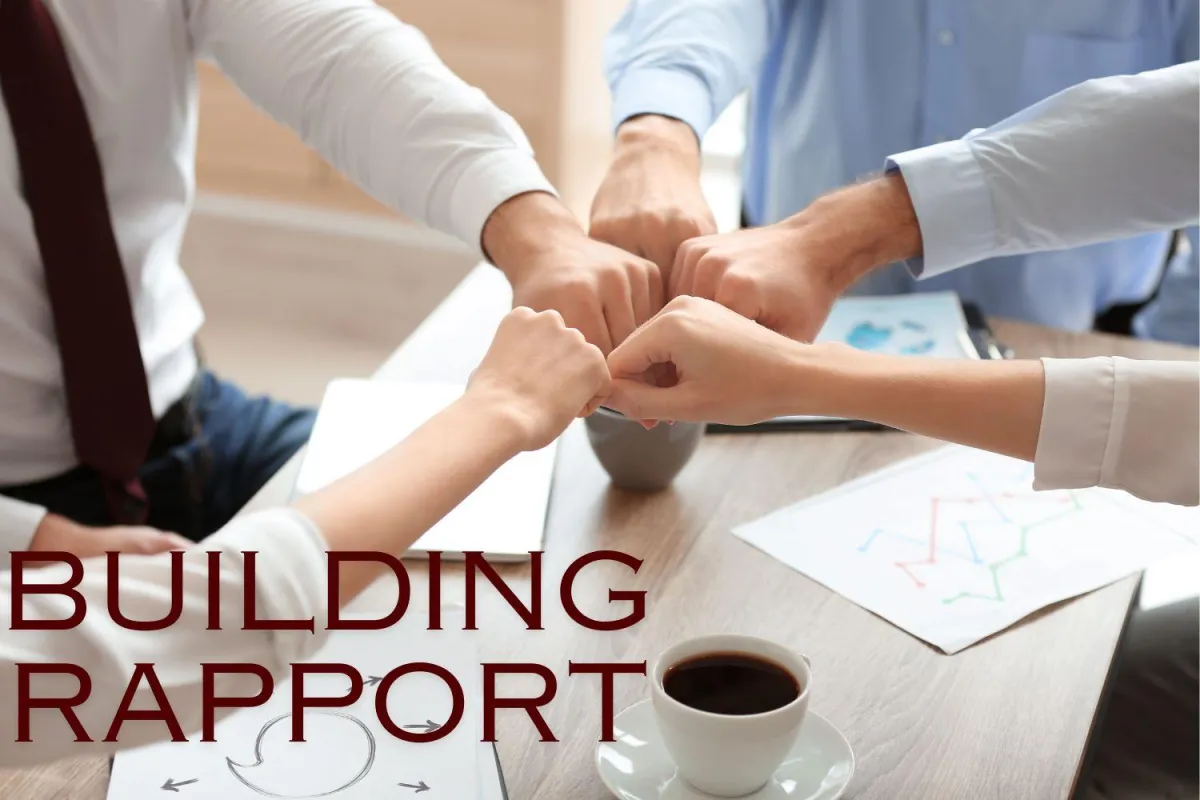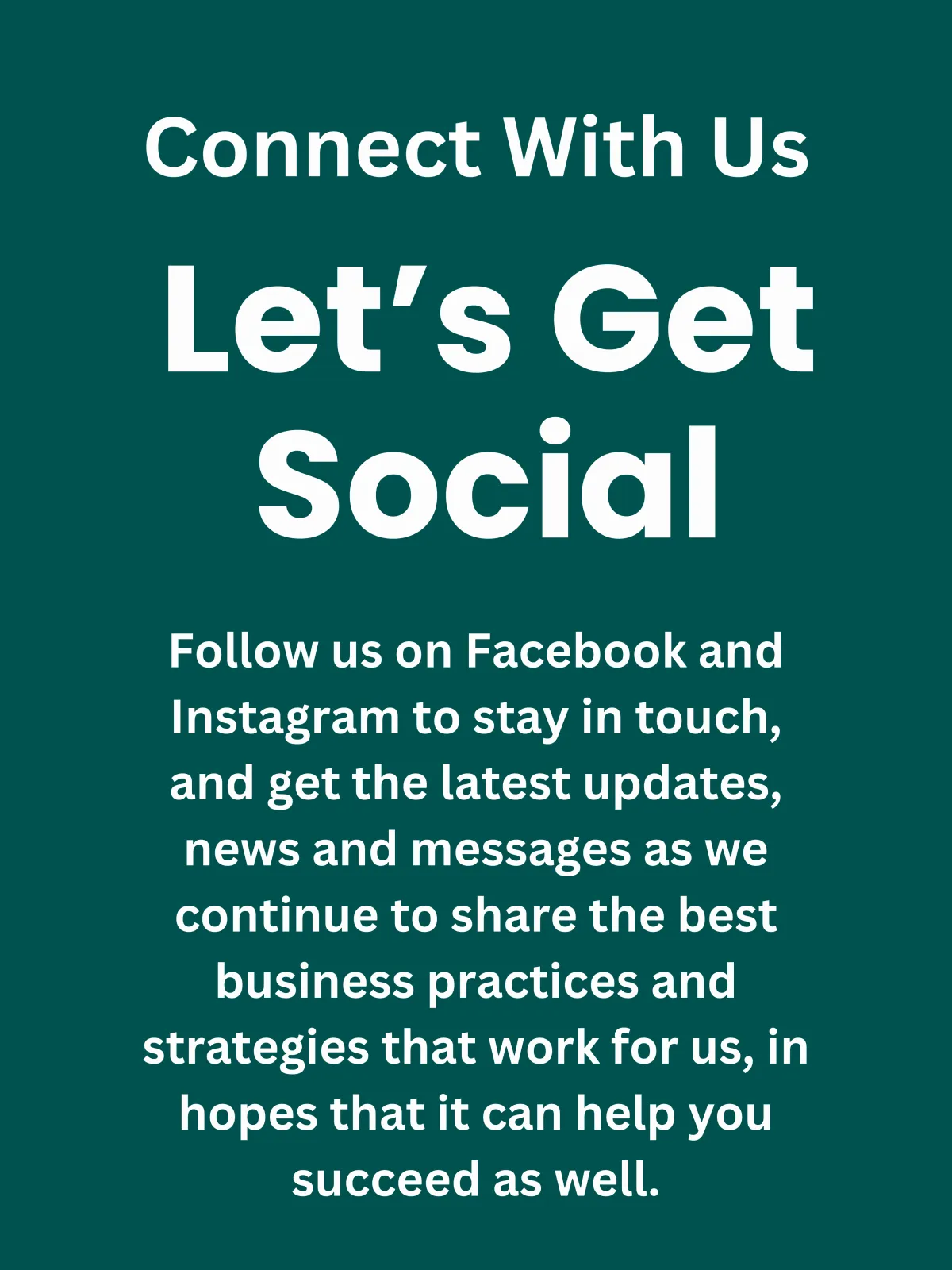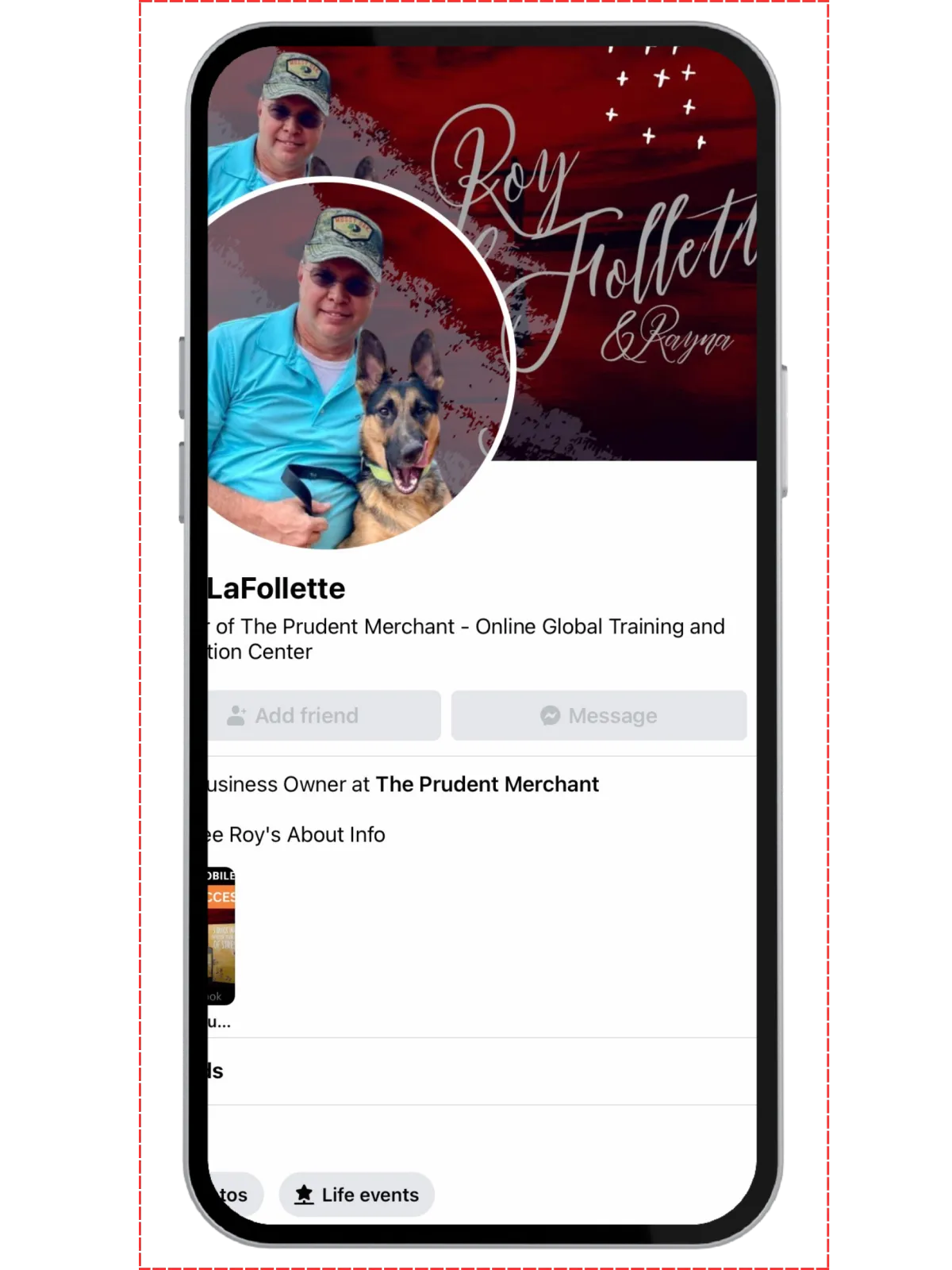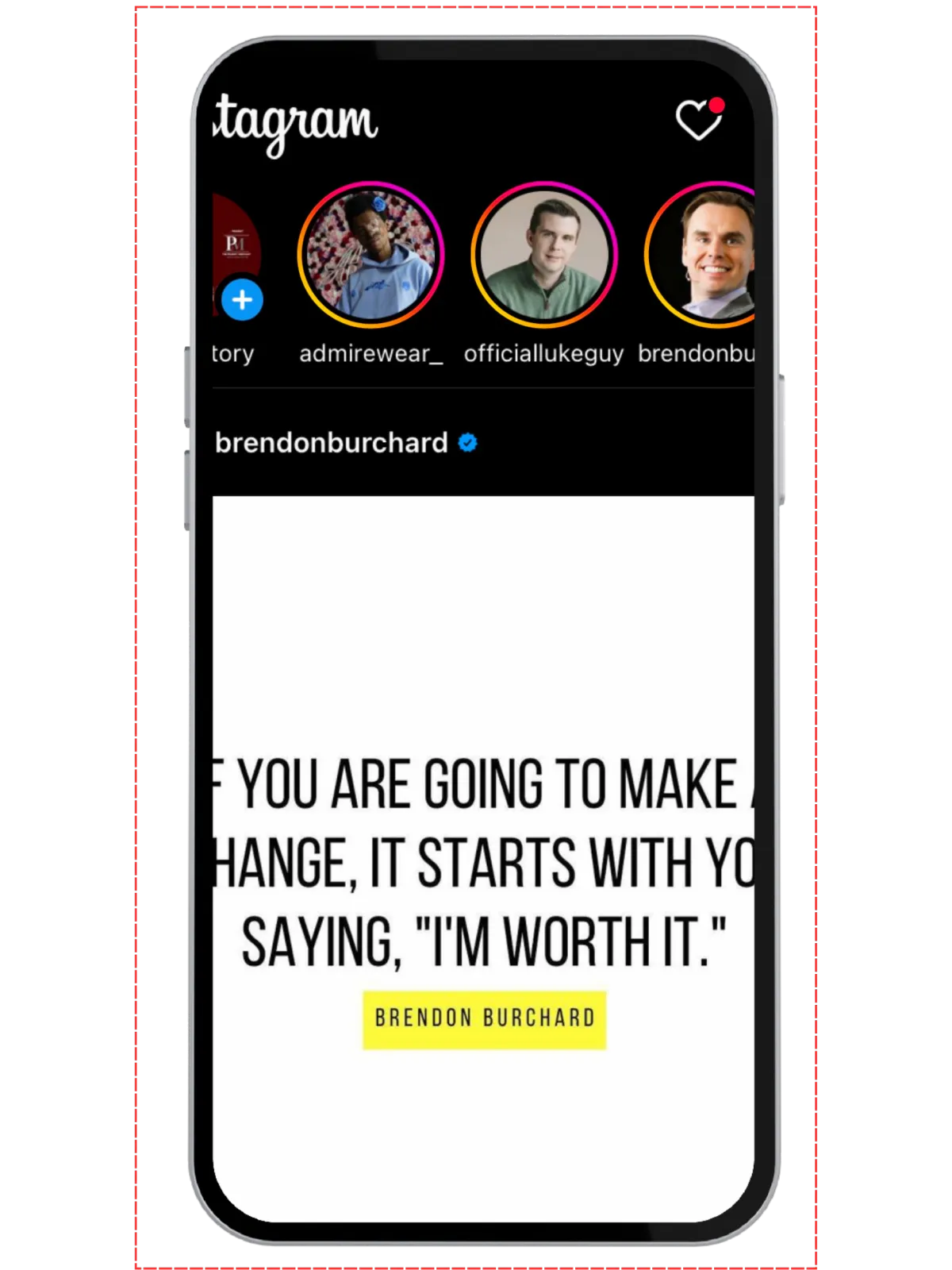Roy LaFollette > Blog

Mastering Connection: Building Rapport with Emotional Intelligence
Introduction
As you enter the informative chapter on "Building Rapport with Emotional Intelligence," you will learn all about the complex art of making connections with others, especially coworkers. Good interpersonal communication is an important skill that can be used outside of work. It's essential for making friends and keeping the workplace peaceful. Today, good communication and people skills are very important. Being able to connect with others in a real way is not only desirable, but also necessary at every level of a company.
A lot of people find it scary to interact with new people or people in power. Being able to easily connect with others is not a skill that everyone is born with; it needs to be learned and practiced. The goal of this chapter is to take the mystery out of this skill by giving your ideas, methods, and useful skills that you can use at work and in your personal life.
Emotional intelligence means paying close attention to social cues and body language when you're trying to connect with someone. People can change how they deal with others by understanding how body language, facial expressions, and tone of voice work. This creates an atmosphere of trust and connection. By improving their ability to watch, people can understand the subtleties of social dynamics and make it easier for others to get along with them.
Another important part of building trust is asking questions. It goes deeper than that and shows that you really care about the other person. When you ask thoughtful, open-ended questions, people are more likely to have deep talks that lead to connections. This chapter will talk about different ways to ask questions that will get people involved and help you build relationships in a variety of work settings.
Active listening is another skill that is just as important for building relationships. People show care and consideration by paying close attention to what others are saying. This helps others feel understood and validated. Active hearing is an important part of emotional intelligence because it helps people connect on an emotional level and build relationships based on mutual respect.
Finding things you have in common is a great way to start getting along with someone. When people share interests, experiences, or ideals, they feel connected and like they belong, which breaks down barriers and builds a good relationship. It is possible to make links outside of work by finding and using commonalities. This chapter will go into detail on how to do that.
We will look at emotional intelligence and give you useful tips, real-life examples, and projects to help you improve the skills you need to build relationships. The ideas in this chapter will help you make real and meaningful connections with everyone, whether you're dealing with relationships at work, networking in a business setting, or looking to improve your personal connections. Come with us as we explore how building relationships and fostering a culture of connection can change your life, both at work and in your personal life.
Observing
Learning to "read" someone's body language is a skill that will help us communicate better and be more emotionally intelligent at work. Body language, facial expressions, and where someone is standing can help you figure out what they're trying to say. Watch other people and try to "read" what they're saying by looking at their body language.
When two people talk to each other, they copy each other's body language by taking the same small steps and making the same gestures. People who reflect others are usually very connected and good at getting along with others.
Asking Questions
One simple way to show that you care about someone and what they have to say is to ask them questions. The question doesn't have to be about work; it can be about their favorite pet, family, sports team, or anything else that makes them think about themselves.
This is also a good way to understand how someone else feels or what they are going through. Finding out more about the event, how it made the person feel, etc. will help you understand the other person and how they feel and act. Getting to know someone and being interested in them makes the connection better and builds trust.
Listening
Often, we think we are listening, but are we really? You are "actively listening" when you listen in a way that makes the person want to say everything they want to say. In addition, it lets the speaker know that the information is getting through.
Ways to encourage the speaker can be:
· Nodding of the head in understanding
· Minimal words such as yes, mmm, and I see
· Paraphrase the speaker’s message to him/her.
· Tell the person how you feel about what they said.
Finding Common Ground
Find something you both have in common. This is one of the easier ways to get along with someone. This often starts chats and lets people talk to each other. As soon as contact starts, it can go on. Sharing problems that everyone has at work can help build trust and a good relationship. Finding things you have in common with someone is a way of showing you care about them. Sharing feelings makes a friendship stronger and easier to handle in a good way.
Conclusion
As a conclusion, this chapter has shed light on the complexities of "Building Rapport with Emotional Intelligence," highlighting the huge significance of genuine links in both personal and professional settings. Being able to get along with others is not only a useful skill at work, it can also change things for the better and help people work together. We've given people who want to improve their social skills a complete guide by talking about things like careful observation, thoughtful questioning, active listening, and finding shared ground. Finding your way through the complicated dynamics of the workplace or making links in your everyday life, the ideas we'll talk about here can help.
As we conclude this exploration, we invite readers to reflect on the power of building rapport with emotional intelligence. The skills we talk about in this chapter, like reading body language and asking good questions to spark real interest, help build connections based on empathy, trust, and mutual understanding. By improving these skills, people not only make their business networks stronger, but they also make their personal relationships stronger. Building relationships is an ongoing process. The tools given will help readers start making more real, important connections, which will help create a culture of working together and understanding in all areas of life.



Copyright 2023 The Prudent Merchant - Take Another Look by TMSSi All rights reserved

